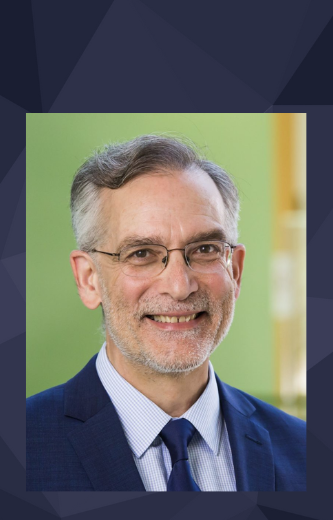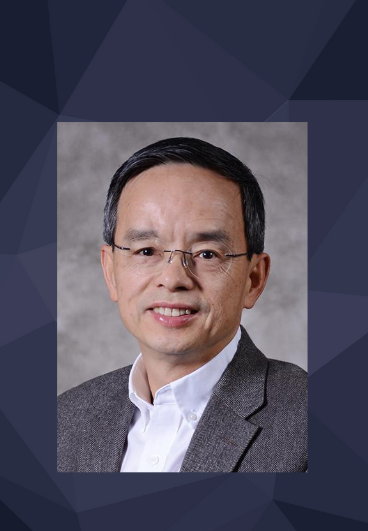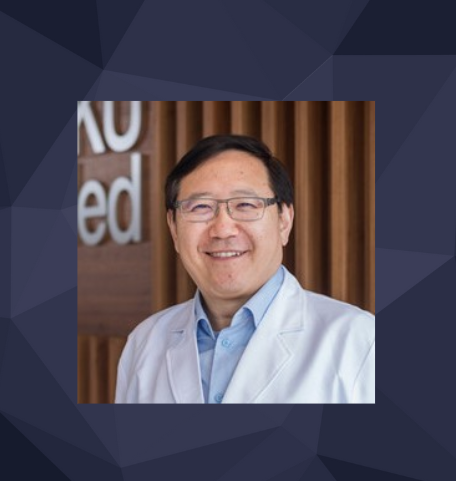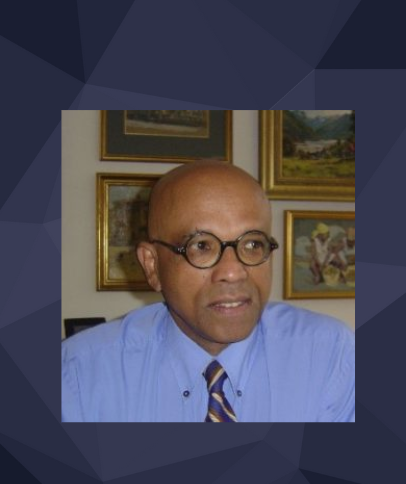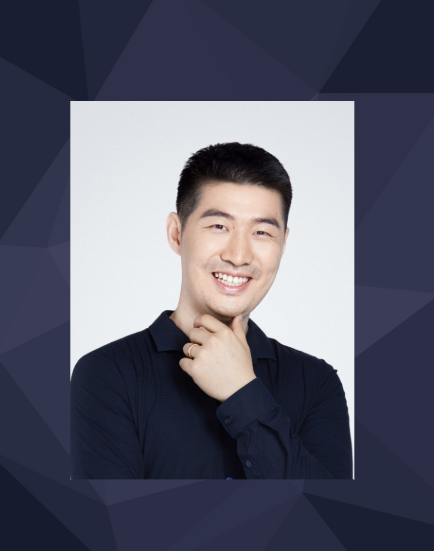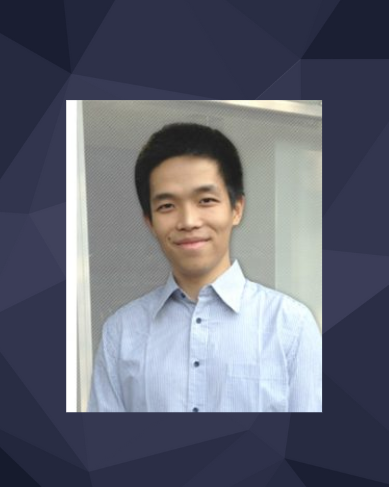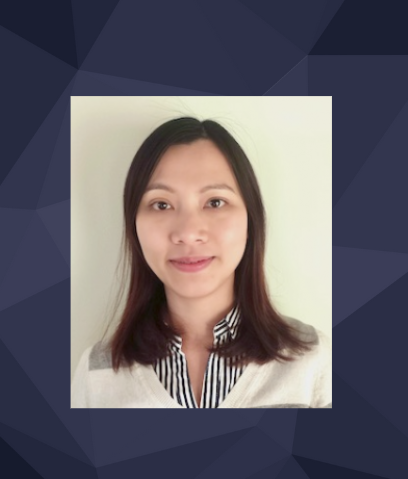August 3, 2023 (Thursday) 4:30-5:30pm
Mouse embryonic stem cells (ESCs) derived from the epiblast contribute to the somatic lineages and the germline upon reintroduction to the blastocyst but are excluded from the extraembryonic tissues in the placenta that are derived from the trophectoderm (TE) and the primitive endoderm (PrE). By inhibiting signal pathways implicated in the earliest embryo development, we established cultures of mouse expanded potential stem cells (EPSCs) from individual 4-cell and 8-cell blastomeres, by direct conversion of embryonic stem cells (ESCs) and through reprogramming somatic cells. Bona fide trophoblast stem cell (TSC) lines, extra-embryonic endoderm stem (XEN) cells, and ESCs could be directly derived from EPSCs in vitro. The knowledge of mouse EPSCs has enabled the establishment of EPSCs of human, pig, bovine and additional mammalian species. EPSCs of these species share similar molecular features and developmental potentials. They are genetically and epigenetically stable, can be maintained in homogenous long-term cultures and permit efficient precision and complex genome editing. EPSCs thus provide new tools for studying normal development and open up new avenues for translational research in biotechnology, agriculture, and regenerative medicine. For example, we find that early syncytiotrophoblasts produced from human TSCs are highly susceptible to coronavirus infection. This finding has enabled the development of a new stem cell-based antiviral drug discovery technology. I will discuss our thoughts on collaborations with engineering colleagues.



